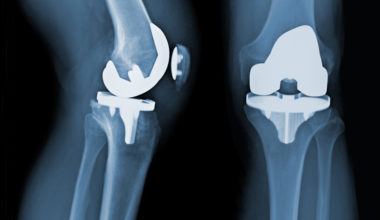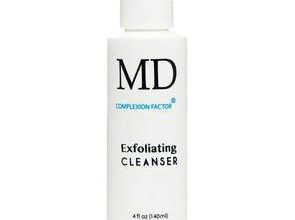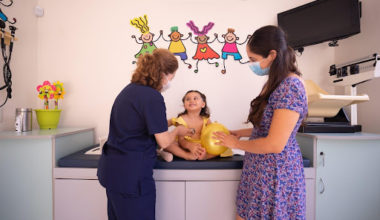In the realm of addiction and mental health treatment, there’s a crucial but often overlooked aspect: the relationship one has with oneself. In the fast-paced hustle and bustle of modern life, it’s easy to neglect our own well-being amidst the demands of work, family, and society. However, fostering a healthy relationship with oneself is not only essential but can also be transformative, particularly in the journey towards recovery and maintaining mental wellness.
Self-compassion lies at the heart of establishing a healthy relationship with oneself. Many individuals struggling with addiction or mental health issues often carry deep-seated feelings of shame, guilt, and self-blame. These negative self-perceptions can perpetuate the cycle of suffering and hinder progress towards healing. By cultivating self-compassion, individuals learn to treat themselves with kindness, understanding, and acceptance, regardless of past mistakes or struggles. This shift in perspective can be incredibly empowering, offering a sense of inner peace and resilience in the face of challenges.
Moreover, developing self-awareness is another fundamental aspect of nurturing a healthy relationship with oneself. Through practices such as mindfulness meditation, journaling, or therapy, individuals can gain insight into their thoughts, emotions, and behavioral patterns. By becoming more attuned to their inner experiences, individuals can better understand the root causes of their struggles and make more informed choices aligned with their values and goals. This heightened self-awareness can also serve as a valuable tool in recognizing triggers and implementing healthy coping strategies to manage cravings or distressing emotions.
In addition to self-compassion and self-awareness, self-care plays a pivotal role in promoting mental health and well-being. Engaging in activities that nourish the mind, body, and spirit—such as exercise, adequate sleep, nutritious diet, creative expression, and spending time in nature—can replenish energy reserves, reduce stress, and enhance overall resilience. Prioritizing self-care isn’t selfish; it’s an act of self-respect and self-preservation that lays the foundation for sustainable recovery and a fulfilling life.
Furthermore, fostering a positive self-image is key to building a healthy relationship with oneself. In a society that often equates worth with external achievements, appearances, or social status, it’s easy to fall into the trap of comparison and self-criticism. However, true self-worth stems from embracing one’s inherent value and uniqueness, irrespective of external validation. By practicing self-love and celebrating their strengths, individuals can cultivate greater confidence, authenticity, and inner security—a solid defense against the onslaught of negative self-talk and external pressures.
The benefits of establishing a healthy relationship with oneself extend far beyond individual well-being; they ripple outward, positively impacting relationships with others and society as a whole. When individuals prioritize their mental health and self-care, they become better equipped to navigate interpersonal dynamics, set boundaries, and cultivate meaningful connections based on mutual respect and authenticity. Moreover, by embodying self-compassion and self-awareness, individuals can serve as beacons of hope and inspiration for others on their own journeys towards healing and self-discovery.
In conclusion, the journey towards recovery and mental wellness begins with cultivating a healthy relationship with oneself. Through practices of self-compassion, self-awareness, self-care, and self-love, individuals can embark on a transformative path of healing, empowerment, and growth. By prioritizing their own well-being, individuals not only enhance their resilience and inner peace but also contribute to the creation of a healthier, more compassionate world for themselves and future generations to come.
For individuals searching for a San Francisco Valley treatment center, The ARTS offers comprehensive and compassionate mental health treatment alongside our substance abuse treatment.











